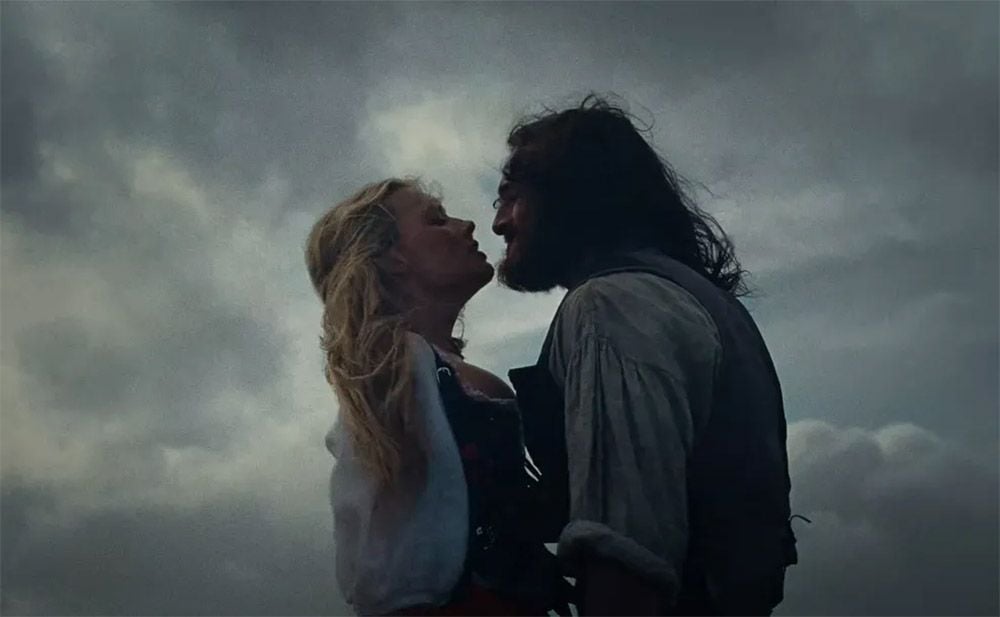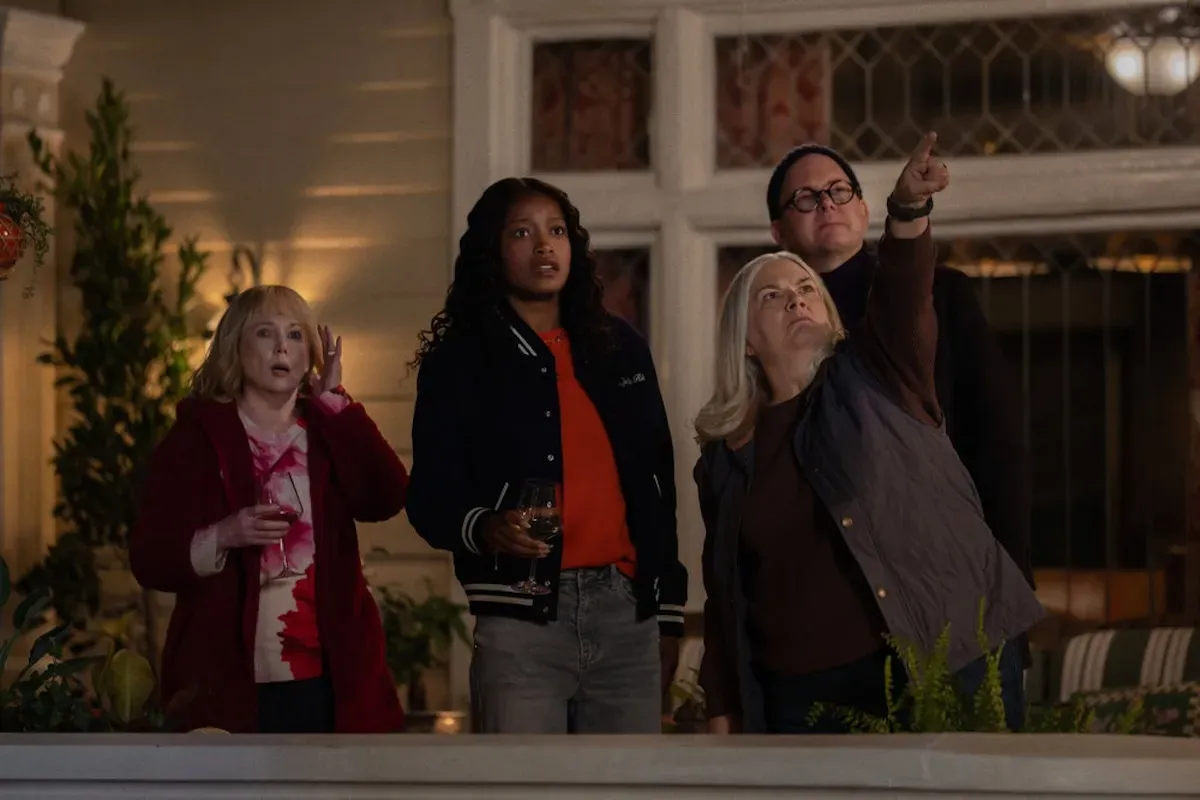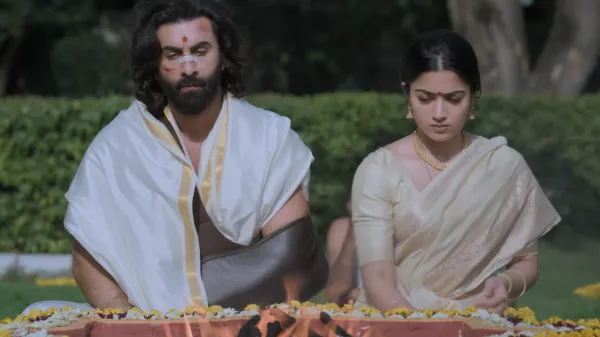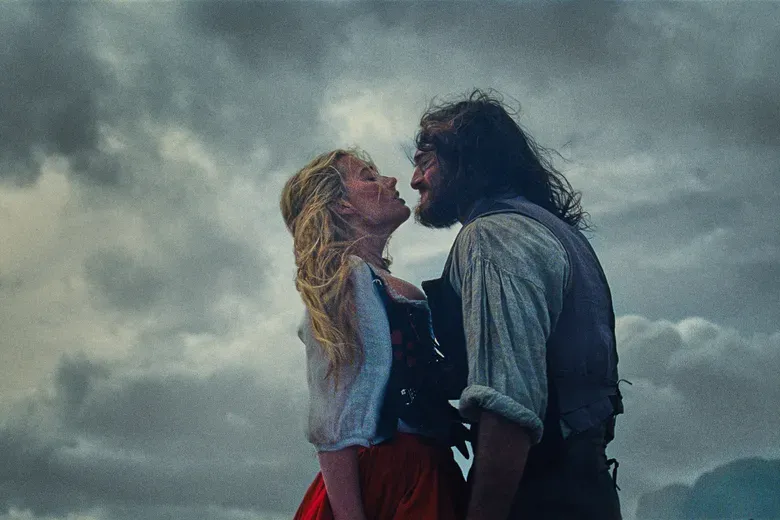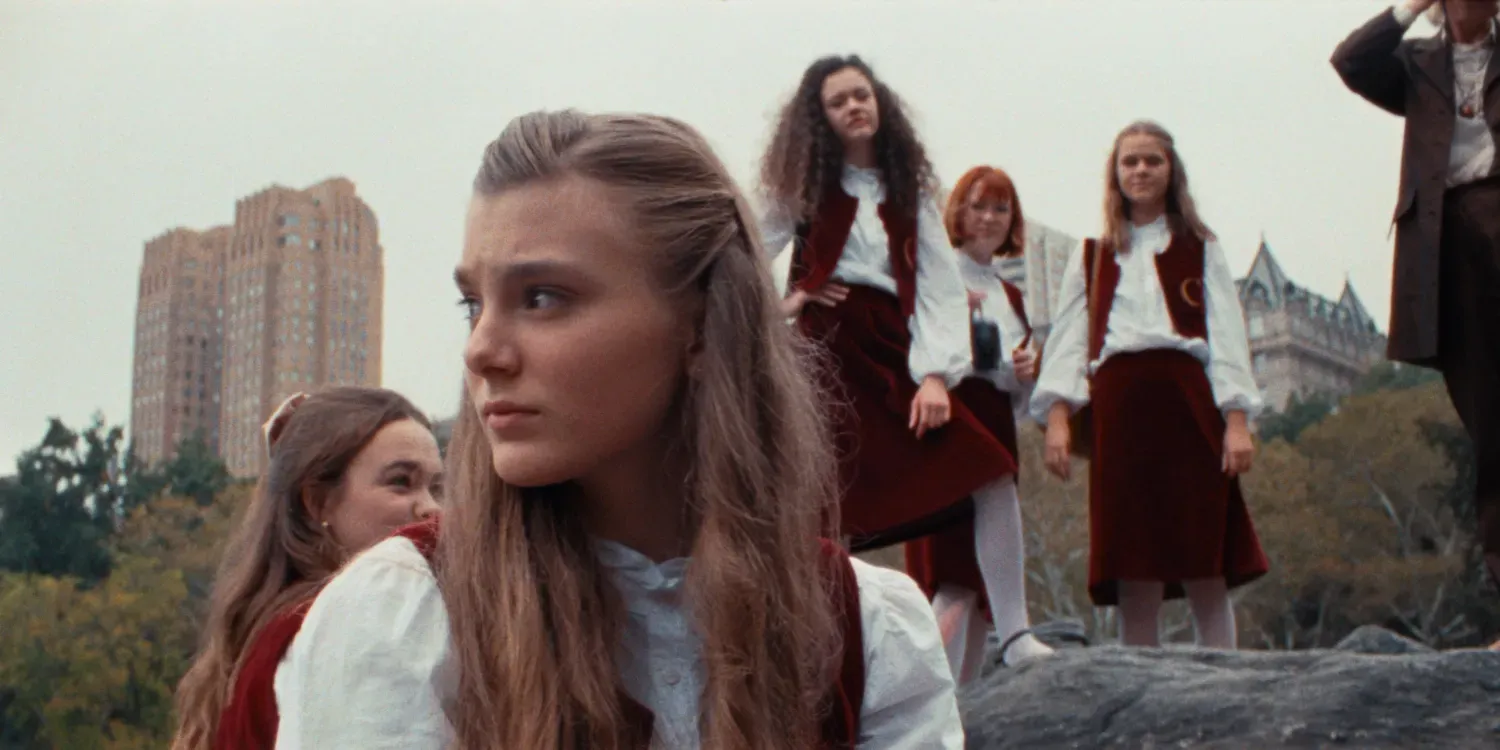
Emerging Misogynistic Themes in Film Highlighted in "Harakiri, I Miss You"
- Oct 6, 2025
Alejandro Castro Arias’ introductory feature, “Harakiri, I Miss You,” provides a disturbing exploration of toxic masculinity in both younger and older generations. Sneaking a peek into the lives of three young men over 24 hours, it depicts their pronounced stagnation and harmful misogyny. Mirroring a raw, realistic style, akin to that of John Cassavetes, the movie’s authenticity might not cater to conventional tastes but did earn accolades as the festival’s top first feature.
Our main characters are portrayed by the filmmaker Alejandro Castro Arias, Diego Salomon, who also assisted in screenplay writing, and Samuel Rotter. All actors play characters sharing the same first names, inhabiting a Madrid apartment together. Their puerility is revealed when they invade a woman’s privacy by spying on her while she undresses.
Diego soon begins to lurk around another woman, Magdalena, who lives in the same building. Posing as a coincidental friend home at the same time, he aids her with unlocking her door, invites her into their apartment, and promptly makes advances. She rebuffs him matter-of-factly. Alejandro takes his turn next, getting her drunk enough to engage physically with him. Despite her resistance, he maintains his aggressiveness until she ultimately manages to flee.
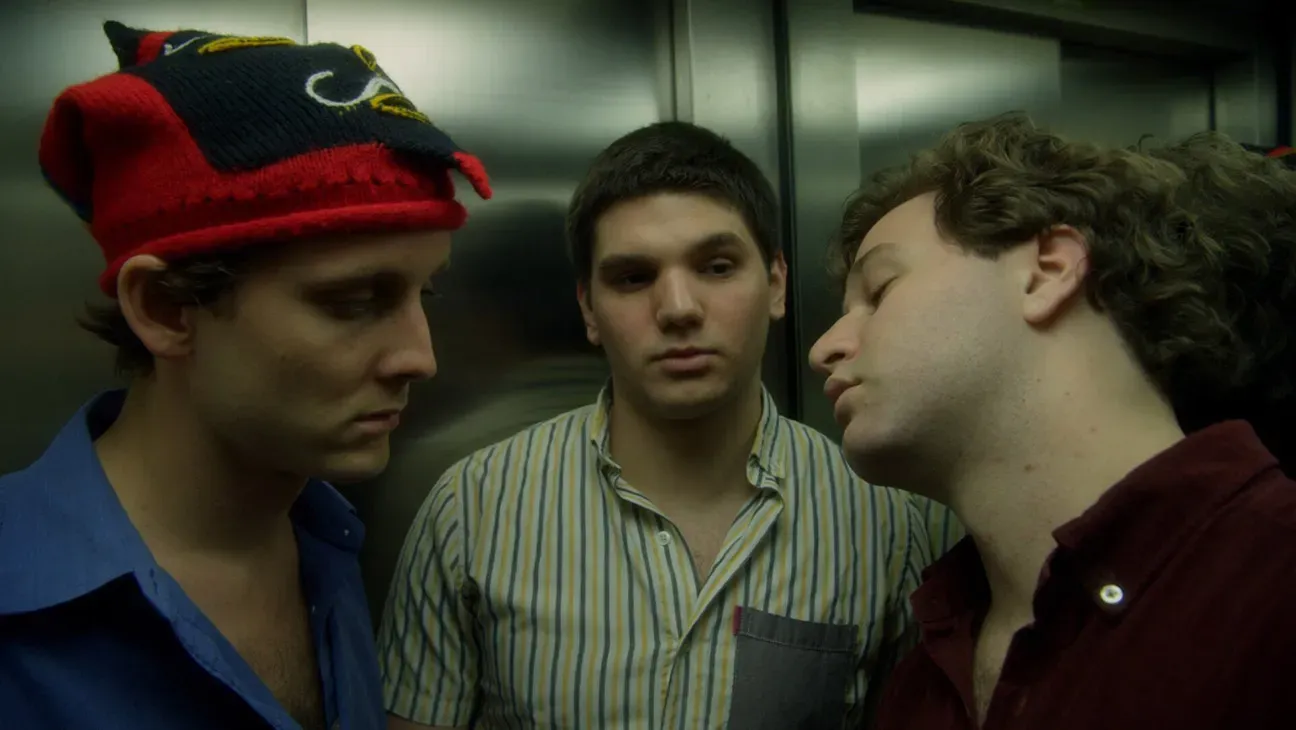
Their failed seduction attempts lead them to a party where drunken squabbles ensue. Their attempts to drive drunk are thwarted by the mourning parking lot attendant, resulting in an impactful interlude that convinces them to leave their car behind.
Their taxi driver, despite his age, has a surprising amount in common with them, bonding over sexism. After causing a scene in a restaurant, they return home by subway, opposite an enticing woman wearing provocative clothing, who they ogle openly. She taunts back with her overt sexuality, leaving them feeling deflated.
“Harakiri, I Miss You,” although uncomfortable and occasionally monotonous, undeniably depicts the frustrated isolation of the characters, grappling with their failure to form meaningful relationships or achieve anything significant. The moving performances and melancholic atmosphere render it a fitting film for our modern era.


